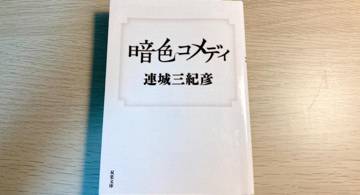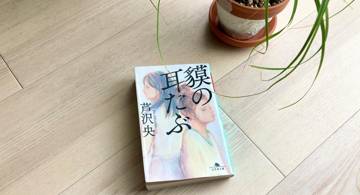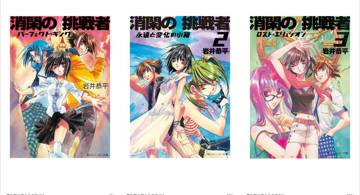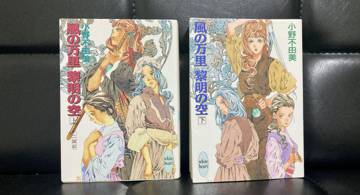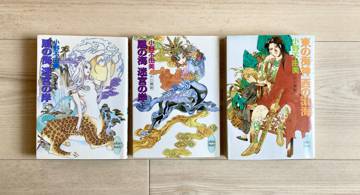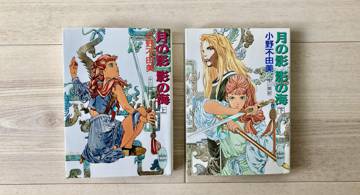Overview
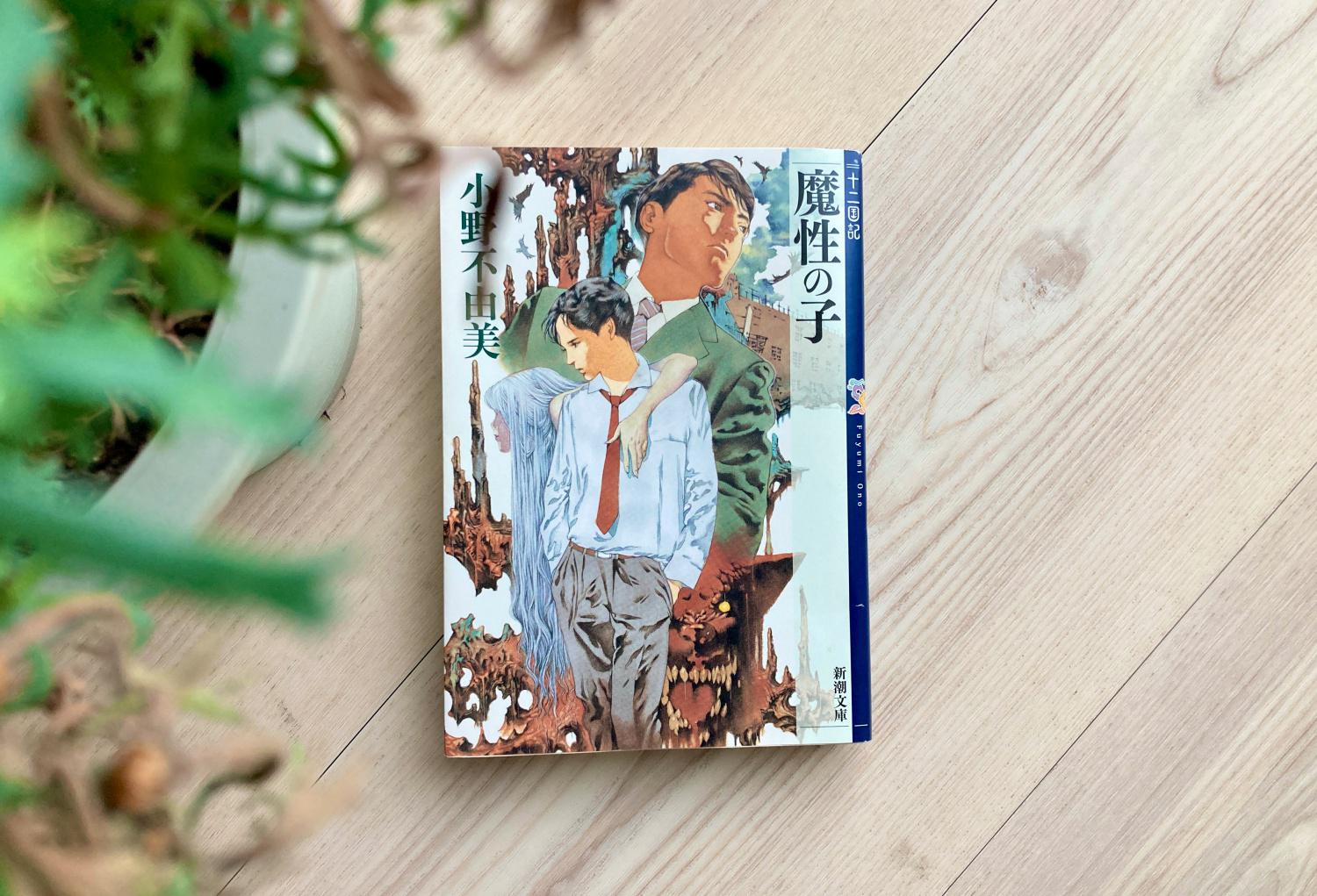
Not a continuation of the last installment… but apparently, a spin-off of The Twelve Kingdoms. I’ll write a summary and my thoughts.
Summary
- Mr. Hirose starts his teaching practicum at his alma mater. In his class, he notices Mr. Takasato. (What?! Isn't that Taikei-kun, what's he doing?)
- Students who trouble Mr. Takasato start getting injured in a mysterious phenomenon. (Clearly the work of Shirei, right?)
- The phenomenon is known as "Takasato's Curse," and it's revealed that Mr. Takasato was once spirited away. (I know! I read it in "Sea of Wind, Shore of Labyrinths!")
- Progress is made in deciphering "Takasato's Curse." Whether Mr. Takasato himself is angry does not matter, those who harmed him receive retribution. (Why can't Taikei-kun see Shirei in the first place?)
- After Mr. Takasato is persecuted at school, Mr. Hirose decides to take him in.
- Mr. Takasato's guardian brutally kills the seven persecutors.
- A series of events starts to complicate human relationships.
- Mr. Hirose’s teaching practicum ends. He seems to have been quite liked by the students. Mr. Hirose and Mr. Takasato get excited by fantasies of retiring to Mount Roraima in South America.
- Mr. Takasato's guardian ends up killing even Mr. Takasato’s relatives and annoying journalists.
- Mr. Hirose speculates that Mr. Takasato is unconsciously commanding his guardian to kill people around him, but he is wrong and apologizes. Mr. Takasato recalls the words "Twelve Kings."
- Mr. Takasato remembers that he is a Kirin and responds to a summons to return home. Mr. Hirose disappears, following the words "Please go to the mountain…"
Impressions
- Exciting! To those who haven't read "The Twelve Kingdoms," this story seems like horror, but to those who have, it remains purely a fantasy. The difference in perspective is fascinating.
- From the beginning, seeing Taikei-kun confused me: "What are you doing here?! Why did you come back?" It seems there was some incident between "Sea of Wind, Shore of Labyrinths" and this work, and Taikei-kun lost his Kirin's horn and his memory.
- However, so many people were killed. In this work, about 200-300 people died on the Hourai side, but it's refreshing how this is treated as "oh well." Yes, in the world of 'The Twelve Kingdoms,' the 'Twelve Kingdoms' are clearly superior.
- "Exiles of the Homeland." A term coined by Mr. Hirose referring to those who belong to another world but have no way to return. I get it. As a child, you comfort yourself by creating original concepts and words. I did too.
- A bit off-topic, but one of my benefactors once said, "You are too caught up in words." At the time, it was completely incomprehensible. I understand now. Back then, I was constructing my identity with pleasing words, going from "words → myself." However, the proper relationship between words and oneself is the opposite: "myself → words," expressing one's personality in various ways. Hmm, can't quite express it well.
- "Visitor Phobia." Another term by Mr. Hirose to describe himself. Mr. Hirose tends to define himself as different from those around him by using special words just for himself.
- This tendency is similar to those who get into spirituality. People who delve into spirituality have often neglected effort and accumulation, and find themselves inferior due to a lack of successful experiences and strong feelings of inferiority. They need some special breakthrough to surpass people who have steadily accumulated achievements, which might be religion, psychic powers, or spirituality. By using qualifications that can be obtained without effort, they can feel superior to the "ordinary people" around them. That's why it's necessary for people to experience healthy setbacks and success.
- Mr. Hirose wants to define Mr. Takasato, who is "clearly from another world," as one of his own. By doing so, he hopes to be seen as also "clearly from another world." It's the same mentality as those who hang around successful people. It's a bit painful but going through this during childhood shapes one's personality. Yes, it hurts me too.
- Mr. Hirose thinks he can't live well because this isn't his world. However, the reason he can't cope is not that, but because he refuses to understand others, thinking anyone who doesn't get it should disappear. Human relationships are mutual. Understanding comes from attempting to understand.
- Fortunately, Mr. Hirose has Mr. Goto, an adult who offers proper advice. Mr. Goto says, "Don't reject us," a well-balanced statement that criticizes while still being humble.
- …And yet, ending up disappearing to Mount Roraima because he kept rejecting everyone was an unexpected turn. Eh? Is that how it ends?
Words I Didn't Understand
- パビリオン: An exhibition hall.
- 絹雲: Cirrus Clouds. Thin, broom-swept clouds high in the sky.
- 教生: Student Teacher. Someone doing a teaching practicum.
- 仰臥: Supine. Lying face up.
- “部屋を出しな、本を見ていいですか、と訊いてきた”: I didn't understand "出しな." I googled it, and it seems to mean "when leaving." At first, I thought it was a typo of "as soon as leaving." There's a similar usage called "来しな."
- 平仄が合う: Makes sense. Things add up. Damn. I looked this up during "Arioka Citadel" but couldn't remember it this time. The difficult terms in "Arioka Citadel" are satisfying to look at because they fulfill intellectual curiosity, so everyone, please take a look.
